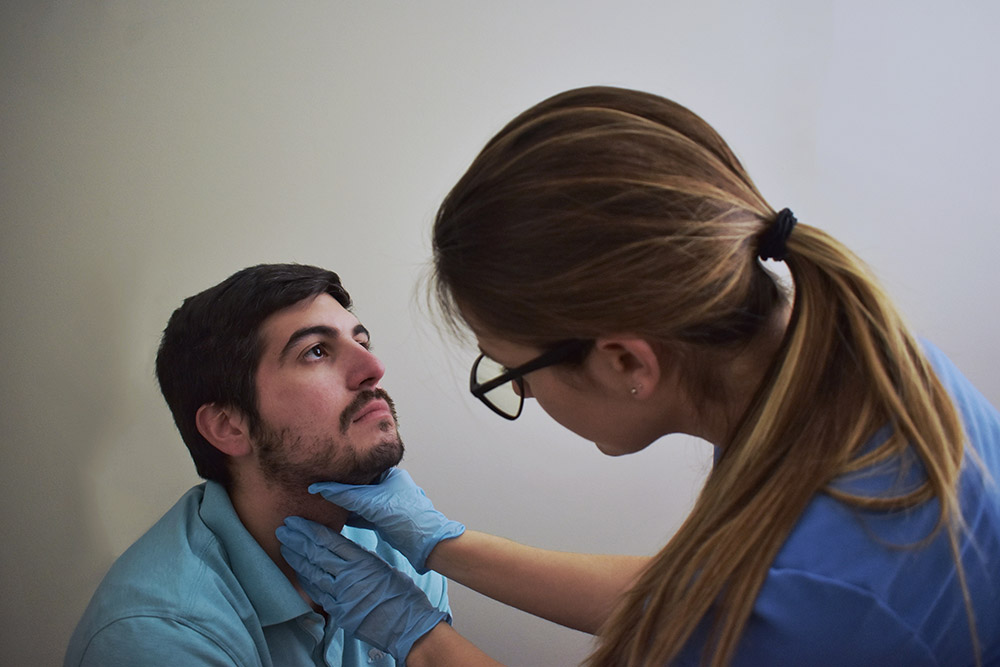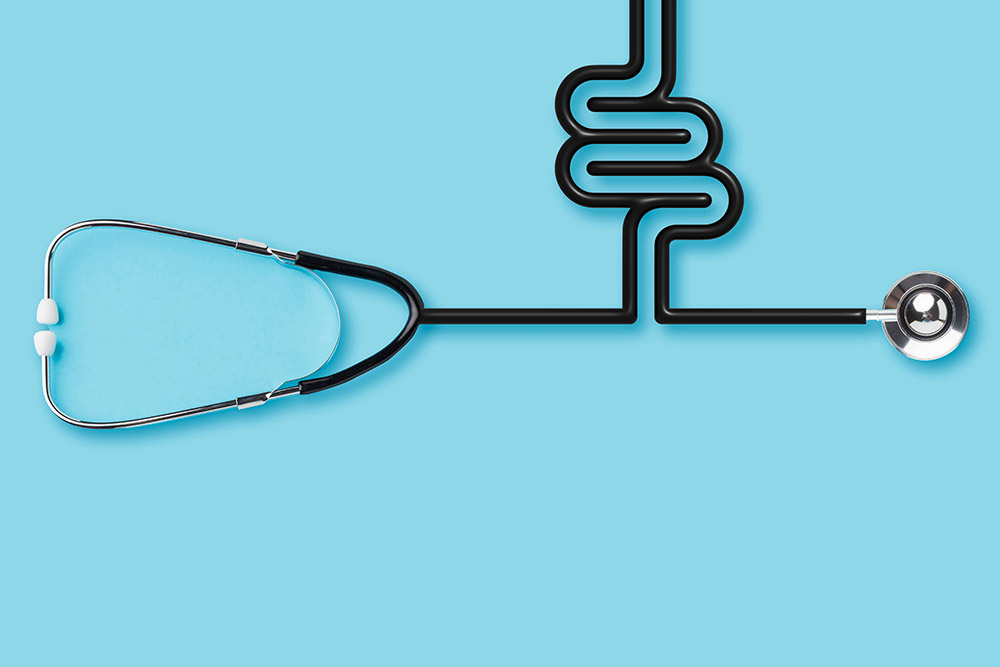What Is a Hiatal Hernia?
A hiatal hernia happens when the top part of your stomach moves up into your chest through the hiatus-an opening in your diaphragm. This displacement can cause heartburn, acid reflux, chest pain or discomfort. Many patients in Houston find relief with expert care from Dr. Rishi Chadha.
Common Causes and Risk Factors
- Age over 50 years
- Extra belly fat or obesity
- Chronic coughing (from smoking or lung disease)
- Frequent heavy lifting or straining
- Family history of hernias
Signs and Symptoms
- Heartburn or acid reflux
- Chest pain or pressure
- Burping or bloating
- Difficulty swallowing
- Hiccups or chronic cough
- Pain under the breastbone or between shoulder blades (in some women)
How Dr. Rishi Diagnoses Hiatal Hernia?
Dr. Rishi Chadha uses a simple, step-by-step approach:
1. Symptom Review and Health History
He listens to your symptoms-heartburn, chest pressure, swallowing issues-and reviews your medical history and risk factors.
2. Physical Examination
He examines your chest and abdomen to check for bulging or tenderness around the diaphragm.
3. Upper Endoscopy (EGD)
An endoscope is used to directly visualize the esophagus and upper stomach, identifying any sliding hernia or related inflammation.
4. Barium Swallow X-Ray
A contrast study may be ordered to confirm the presence and size of a hiatal hernia (ICD-10 code K44.9).
5. Esophageal pH Monitoring
When acid reflux is suspected, a small probe measures acid levels in your esophagus over 24 hours to gauge reflux severity.
Frequently Asked Questions
What causes a hiatal hernia?
A weak muscle opening in the diaphragm, age, weight gain, chronic coughing, or straining can all lead to a hiatal hernia.
What is the ICD-10 code?
The ICD-10 code for a hiatal hernia is K44.9.
What are common symptoms?
Typical symptoms include heartburn, burping, chest pain or pressure, and trouble swallowing.
Can I have unusual symptoms?
Yes. Some patients experience hiccups, a chronic cough, or hoarseness due to acid irritation.
Where do women feel pain from a hiatal hernia?
Women often report pain under the breastbone or between the shoulder blades.
Do I need surgery?
Not always. Many patients find relief with lifestyle and dietary changes plus medications.
How long is recovery after surgery?
Most patients return to their normal activities within one to two weeks after minimally invasive repair.
What are the risks of surgery?
Surgical risks are low but may include infection, bleeding, or temporary swallowing difficulty.
Will insurance cover this?
Yes. Most Houston-area insurance plans cover diagnostic tests, medications, and surgical procedures for hiatal hernia.
When should I see Dr. Chadha?
Schedule a consultation if you have persistent heartburn, chest pressure, or any new reflux symptoms that don-t improve.











